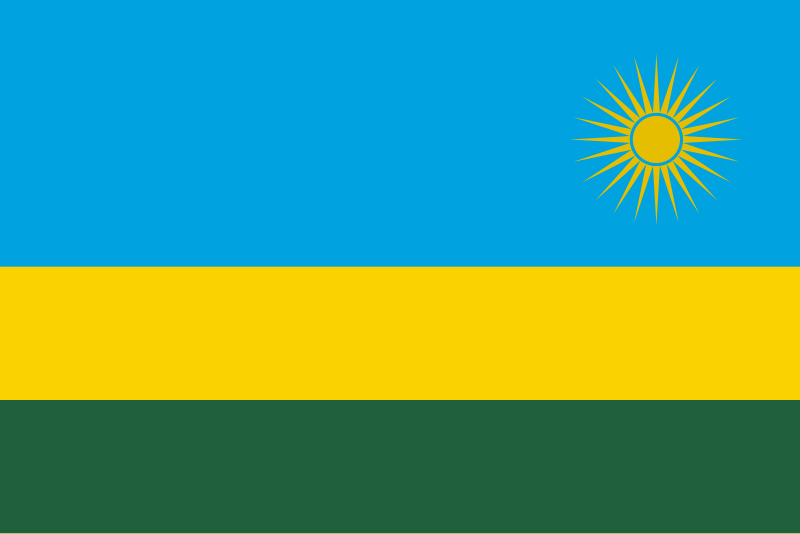UK & Commonwealth of Nations
The Commonwealth comprises 56 member countries across Africa, Asia, the Americas, Europe, and the Pacific, with a combined population exceeding 2.4 billion. The United Kingdom itself has a population of approximately 67 million.
The United Kingdom of Great Britain and Northern Ireland, commonly known as the United Kingdom (UK) or Britain,is a country in Northwestern Europe, off the coast of the continental mainland. It comprises England, Scotland, Wales, and Northern Ireland. The UK includes the island of Great Britain, the north-eastern part of the island of Ireland, and most of the smaller islands within the British Isles, making up a total area of 94,354 square miles (244,376 km2).Northern Ireland shares a land border with the Republic of Ireland; otherwise, the United Kingdom is surrounded by the Atlantic Ocean, the North Sea, the English Channel, the Celtic Sea, and the Irish Sea. The United Kingdom had an estimated population of over 68.2 million people in 2023. The capital and largest city of both England and the United Kingdom is London, whose wider metropolitan area is the largest in Western Europe, with a population of 14.9 million. The cities of Edinburgh, Cardiff, and Belfast are the national capitals of Scotland, Wales, and Northern Ireland, respectively.
UK & Commonwealth of Nations Cosmology
The United Kingdom (UK) and the Commonwealth of Nations are rooted in a complex history of imperialism, colonization, and subsequent decolonization. The UK, once the center of the British Empire, now functions as a constitutional monarchy and a parliamentary democracy. Its geopolitical influence has waned since the height of its imperial power, but it still maintains a significant role in global affairs through diplomacy, economics, and military alliances (like NATO). In short, the geopolitical cosmology of the UK and the Commonwealth is one of transition — from a centralized, hierarchical empire to a more networked, cooperative, and pluralistic system of relations. It’s about finding a balance between historical ties and modern realities, with a shared vision of progress, albeit with different interpretations of what that looks like.
-
This is a political association of 56 member countries, most of which are former territories of the British Empire. It’s a voluntary organization that promotes values like democracy, human rights, and economic development. The Commonwealth is unique in that it isn’t a political union but rather a network for mutual cooperation and shared goals. It’s often seen as a soft-power tool for the UK, though many members engage with it independently of the UK’s direct influence.
-
Cosmology, when applied to geopolitics, can refer to the worldview or ideological “universe” that shapes a nation’s policies and interactions. For the UK, this cosmology has evolved:
Imperial Cosmology: Historically, the UK saw itself as the world’s moral and civilizational leader, justifying colonialism under the guise of the “White Man’s Burden” — a belief in the superiority of Western civilization and a duty to civilize others.
Post-Imperial Identity: In the modern era, this worldview has shifted. The UK now often positions itself as a bridge between the US and Europe (though Brexit has complicated this), and as a global advocate for free trade, democracy, and the rule of law.
Commonwealth Cosmology: The Commonwealth embraces a cosmology of equality and shared history. While the British monarchy remains a symbolic head, the focus is on multilateralism, recognizing the diverse cultures, religions, and political systems within its member states. This reflects a more pluralistic and less hierarchical worldview.
-
UK’s Soft Power: Through institutions like the BBC, British Council, and the Commonwealth Games, the UK leverages its cultural influence.
Brexit Impact: Brexit has strained the UK’s geopolitical position, complicating its relationships with both Europe and Commonwealth nations, as it redefines its trade and diplomatic strategies.
Shifting Influence: The rise of regional powers (like India and South Africa within the Commonwealth) challenges the UK’s historical leadership role, pushing towards a more decentralized Commonwealth.
-
Environmental Policies: Shared environmental concerns are shaping the Commonwealth’s agenda, with the UK often advocating for green initiatives.
Digital and Economic Cooperation: The UK and Commonwealth nations are increasingly focusing on digital economies and cybersecurity, reflecting a shift in understanding sovereignty and power in a digital age.
The Commonwealth of Nations, also known as the Commonwealth, is an association of 56 independent and equal countries that work together to achieve shared goals:
Membership
The Commonwealth includes countries from all over the world, including advanced economies and developing countries. Most member countries were once part of the British Empire, and many are connected by the use of English and historical ties. The last two countries to join were Gabon and Togo in 2022.
Goals
The Commonwealth's goals include:
Promoting democracy, good governance, peace, human rights, and the rule of law
Supporting sustainable economic and social transformation
Protecting the environment and encouraging sustainable use of natural resources
Boosting trade and the economy
Developing society and young people, including gender equality, education, health, and sport
Boosting trade between member countries
Advancing gender equality, women's rights, and women's empowerment
Structure
The Commonwealth's work is coordinated by the Commonwealth Secretariat, an intergovernmental organization that works with a network of over 80 other organizations. The Commonwealth also hosts events, webinars, and summits, including the Commonwealth Heads of Government Meetings.
Leadership
The current Head of Commonwealth is King Charles III, who succeeded Queen Elizabeth II. Patricia Scotland is the sixth and current Secretary-General of the Commonwealth.
North America & Caribbean
Europe
Asia
Africa
Oceania





























































